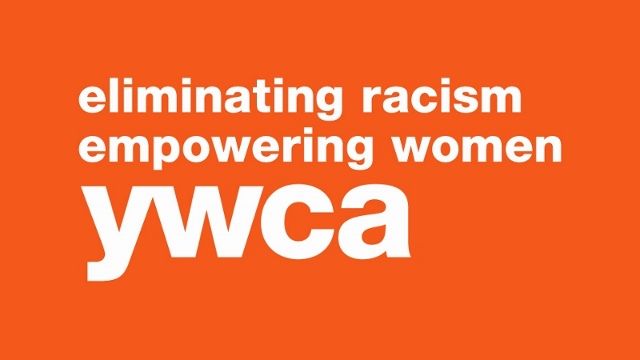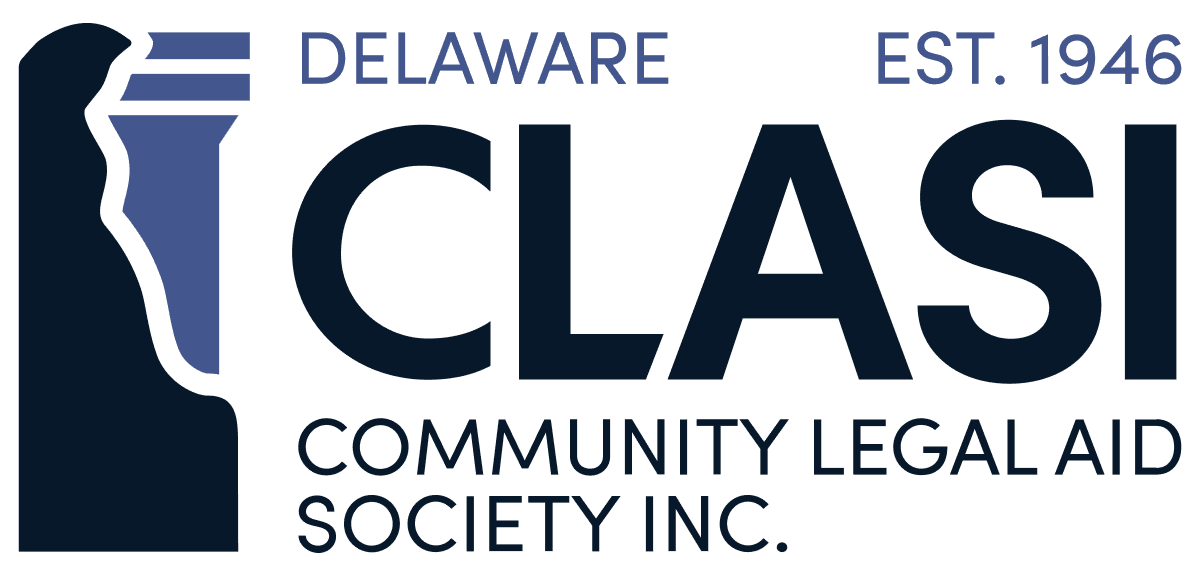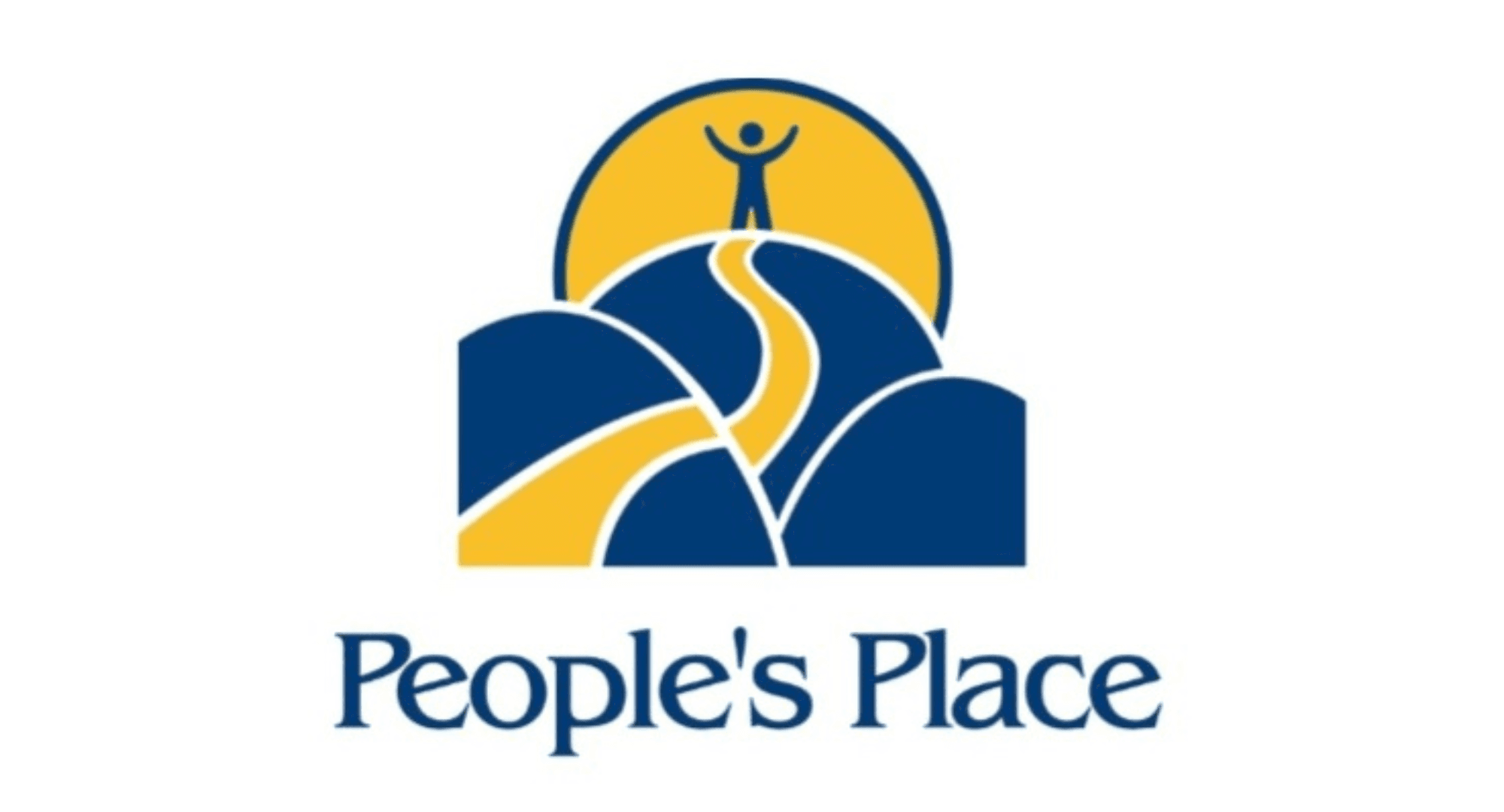Reflections on Pride Month, Reclaiming Community and the Ace and Aro Experience
By Sara Paris (she/her), Planner IV, Domestic Violence Coordinating Council
I was 10 years old when I first played The Game of Life. I can still remember the sheer disbelief and preteen rage when I was told I HAD to stop at the “Get Married” spot on the gameboard in front of the little plastic church. I had a superstar career and was determined to make money and own one of the nicer homes the game had and just retire and win the game. I didn’t have any language for what I was feeling and growing up in the church, the path of this game aligned with the teachings I heard about relationships, marriage, and who I was meant to be. The Game of Life has changed since the version I grew up playing, but I was reflecting on this moment while watching season three of Bridgerton and how heteronormativity shapes and influences not just games and media, but behaviors, gender norms, and choices that are to be followed for a relationship to be considered “valid” or accepted in society.
When we think of building a social network, romantic relationships, marriage, and the family you are born into are considered essential for a fulfilling life, and they can be for many who choose it. However, there are also conditions or “rules” that influence what is considered the accepted way to have a relationship and who is important in your social network and these rules can marginalize those that do not align with them. Being part of a supportive community can provide emotional support and reduce feelings of isolation, something many LGBTQIA individuals have experienced. Fostering a sense of belonging is crucial for the overall well-being of individuals within the LGBTQIA community. And like other marginalized communities, this is something we have had to create and redefine for ourselves.
Redefining or reclaiming what family, community, and social support look like is not uncommon for groups of people who are not a part of the dominant groups that influence the social norms and structures of society. This can be in response to existing in a white hetero-patriarchal society or to reclaim how many cultures have always existed. The term Chosen Family is commonly used within the LGBTQIA community to refer to a person or group of people one chooses to provide ongoing social support. Chosen families have been a way to provide a sense of belonging and support for those who may not find it within the families they were born into.
Relationships are another way people build their social support network. In our society, romantic relationships and marriage hold significance and a hierarchical structure in one’s support network. LGBTQIA relationships are still often dismissed because they look and function differently. This is important for us to know as DV Advocates who may work with LGBTQIA survivors. More specifically, those of us who identify within the Asexual or Aromantic spectrums may feel disconnected from the belief that exclusive, romantic, sexual, or even long-term relationships are universally central to having a fulfilling life. Compulsory Sexuality and Amatonormativity impact many people whose experiences exist outside what is considered the norm, but it greatly impacts Ace and Aro individuals and leads to harmful stereotypes such as the belief that Ace individuals hate sex or do not have sex or that Aro individuals hate the idea of love or are not engaging in romantic relationships or activities. For Ace and Aro survivors of domestic or sexual violence, these stereotypes can impact how we access services and overlook or dismiss relationships that do not fit the perceived norm.
Aromanticism and Asexuality are umbrella terms to describe a spectrum of people who experience little or no romantic and/or sexual attraction. This means there are diverse experiences within the community. Queerplatonic Relationships (QPR) are one example of a relationship type that is not exclusive to Ace and Aro people but commonly used to describe a type of close, intimate relationship that can involve deep commitment but is not inherently romantic or sexual and is different from just a traditional friendship. A common theme in Ace and Aro spaces is the idea of exploring the possibility of building diverse and fulfilling connections that are supportive, align with one’s identity, and not bound by societal expectations and pressure.
Pride Month is an opportunity to reflect on the services we provide to see how inclusive they are and what opportunities there may be for improvement so that all LGBTQIA individuals feel seen all year round and not just in June. How can we better understand the ways communities have created safe spaces and reclaimed our social support networks in response to being excluded and not seen? In our work where we discuss topics related to domestic and sexual violence, how can we ensure Ace and Aro experiences are included? The more we learn and understand about diversity within the LGBTQIA community the better we can be at ensuring that all individuals feel seen in the work we do. Happy Pride!
*The views/perspectives expressed in this blog post are my own and not necessarily those of my employer or the DVCC.
Resources
The Ace and Aro Advocacy Project
The Asexual Visibility and Education Network
Asexual and Aromantic Resources - PFLAG
Asexual/Aromantic | Resource Center for Sexual & Gender Diversity




